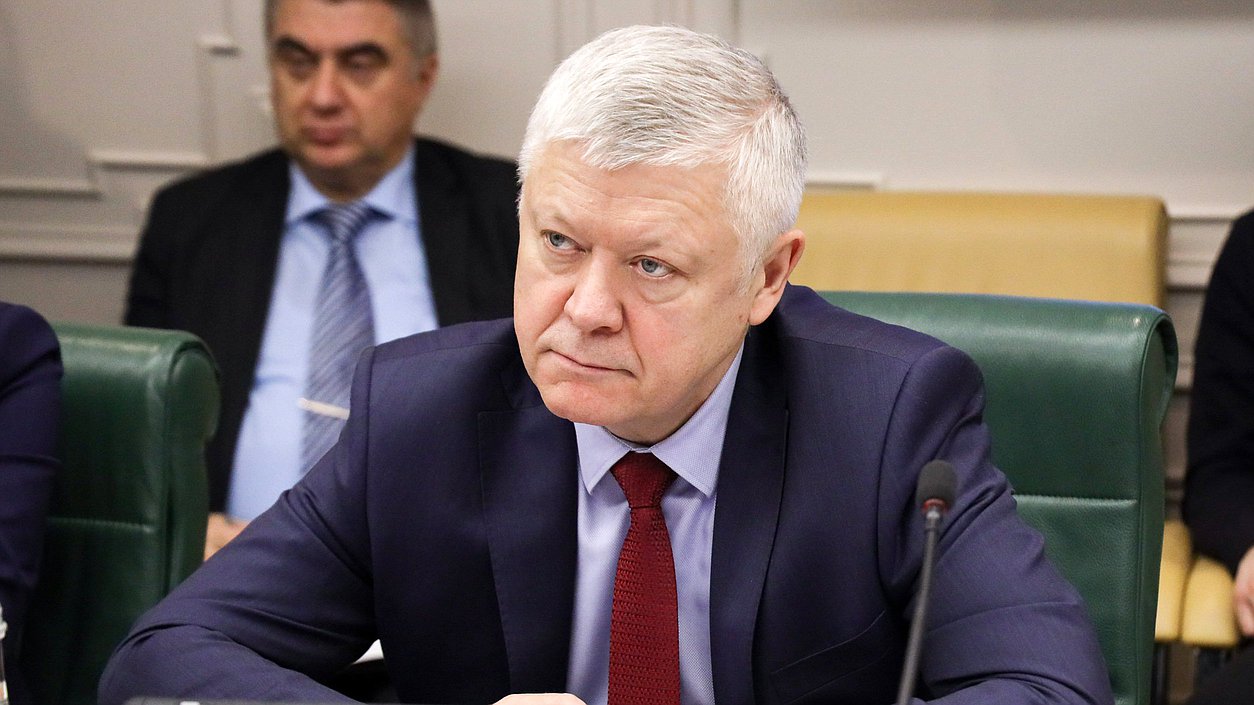The Russian State Duma Security Committee head, Vasiliy Piskaryov, says that in recent days, Russians who have emigrated to Georgia have been pretending being “cool” in the ongoing protests in Tbilisi with "mass participation." Piskaryov advises them not to participate in the actions.
News
"This is not surprising. In order to create a mass in the streets of Tbilisi, Western specialists of "color" revolutions are attracting refugees from Russia, a verified asset. I advise Russian citizens to refrain from participating in such actions. There is no need to abuse the hospitality of the Georgian people and turn it into a tool in the hands of external forces that are trying to destabilize the situation in sovereign Georgia," says Vasili Piskaryov.
The Russian response to the law of the Georgian Dream was repeatedly addressed in Moscow. The chairman of the Duma, Vyacheslav Volodin, said that "any country, if it wants to become a sovereign state, is obliged to adopt a law on foreign agents." According to the assessment of the Russian Foreign Minister, Sergey Lavrov, the Russian law on the Georgian Dream is "very lenient."
The first version of the Foreign Agents law was signed by President Vladimir Putin in July 2012, allowing the Justice Department to grant agent status only to non-profit, non-governmental organizations that received foreign funding and participated in politics. Over the years, the law has been tightened, and a number of changes have been made. Since 2017, foreign media outlets - including Radio Liberty and its projects - have been labeled as Foreign Agents. Since 2019, the repressive law has been extended to physical persons (both Russian and foreign citizens) who participate in the creation of media materials with the status of Foreign Agents or distribute their materials/messages. In fact, the law has been extended to all people who are active on social networks. At the end of 2020, the implementation of this change began, and individual journalists, activists, and human rights defenders were declared Foreign Agents. From the end of 2022, “anyone who receives foreign support or is “under foreign influence” without receiving foreign funding can be declared a foreign agent. In addition, the concept of "persons related to foreign agents" was introduced into the law, and a separate registry was created for them.
This law almost completely eliminated independent media and human rights organizations in Russia.
In 2022, the European Court of Human Rights upheld the lawsuit of 73 NGOs declared as Foreign Agents in Russia, finding that the Russian authorities had violated freedom of assembly and association, a right guaranteed by Article 11 of the European Convention.
“In order to ensure that NGOs are able to perform their role as the “watchdogs of society”, they should be free to solicit and receive funding from a variety of sources. The diversity of these sources may enhance the independence of the recipients of such funding in a democratic society” the court's decision noted.
Georgian Dream adopted the Russian law restricting independent media and civil society by 83 votes in the first reading on April 17. The ruling party intends to approve the law in all three readings before the end of the current spring session of the Parliament, despite public protests and warnings from the EU's top representatives that "the final adoption of this law will negatively affect Georgia's progress on the EU path."















